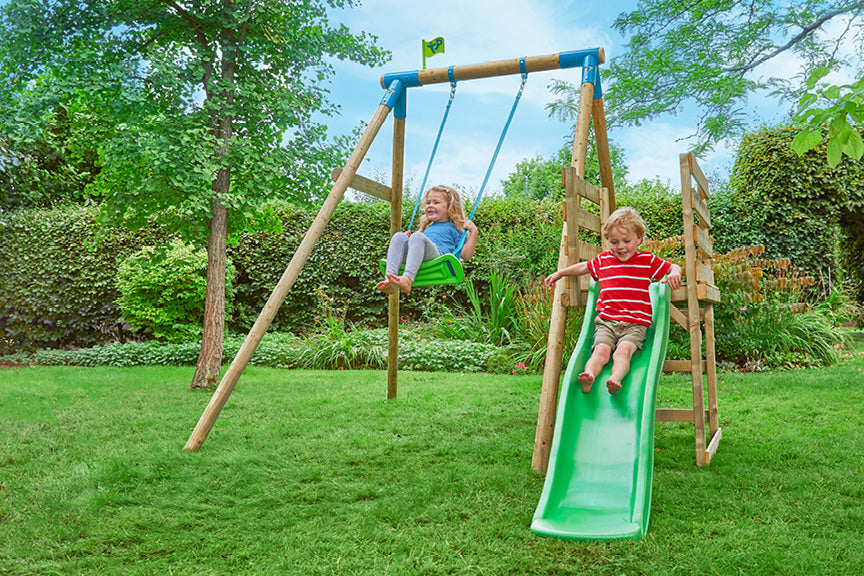It's always funny when you've got children to poke your head around the playroom door and watch them bringing their toys to life or mock-acting with their friends and siblings.
However, while this might simply look like fun-time, it's vital that we as parents recognise just how vital play can be in terms of development.
A study from Germany finds social advantages
A recent study underlined this, adding to the growing body of research suggesting that it isn't just school that educates youngsters on the vital life skills they'll need as adults. A team at the University of Hildesheim in Germany polled 134 people and asked them to rate a series of statements.
Each one corresponded to their childhood, such as how often and where they enjoyed playing. A second set of tests was then carried out to measure social success in the present day - for example if they have a close group of friends - flexibility and self-esteem.
The researchers discovered that the more free play time people recalled, the more likely they were to be socially successful, flexible and to display high self-esteem as adults.
"Results suggest that freely playing in childhood promotes developmental resources, in particular individual adaptivity in adulthood, which, in turn, promote developmental success," said lead study author Werner Greve in the journal Evolutionary Psychology.
We might think we are giving our offspring all the opportunities they need to become successful, happy adults. After all, they've got lots of toys and they're signed up for plenty of extra-curricular activities.
However, it's likely that we're all guilty of confusing free play with structured play. A famous definition states that play "involves a free choice activity that is non-literal, self-motivated, enjoyable and process-oriented ... roles of the participants are all made up by the children playing. They are based on the child's sense of reality," (Wardle, 1987).
At a time when schools are expected to produce particular results and parents feel under pressure to pass on specific academic skills to children, could it be that we are engineering play time to the detriment of their development and enjoyment?
Amid a frantic schedule of piano lessons, organised play dates and more, where is the time for child-centred learning-based play?
The benefits of play
The German study above highlights a number of benefits of free play, but there are many more. For example, as kids master games they have developed themselves, they progress cognitively, effectively resulting in their own curriculum.
Little ones putting on plays have the advantage of experimenting with language and finding new ways to express themselves, while those poking around under logs explore ecosystems could foster a lifelong love of nature and science.
And as if those weren't positive enough, there's also the point that many of the best (and most economically viable) ideas have come about out of creativity - including the Silicon Valley successes like Facebook and Google, to name but two.
Take back play time
If you've looked at your timetable and realised your little ones might not be enjoying the free time you did in your own childhood, then why not take some easy steps to reclaim play time?
For instance, have a look at some of the playgroups they attend that have a structured regime; are they really all essential? Of course, you don't have to ditch them all, but eliminating one or perhaps two from the weekly schedule might be a good thing.
The next thing to do is set up a space where your child can play imaginatively and creatively, whether it's indoors during the winter or outdoors when weather permits. All you need is a few toys or props and plenty of time to get to grips with them and a little magic should occur.
For example, a sand pit with cups, spoons and small cereal boxes could turn into a Martian landscape.
Free play doesn't mean no supervision at all, but keep in mind that you shouldn't be too restrictive or intrusive - when little ones are playing with their friends, only intervene when undesirable behaviour like name-calling or fisticuffs occurs.
If your child is playing with you, resist the urge to set directions no matter how tempting it is - follow their directions, even if it results in totally zany scenarios.
Finally, set limits on screen time so their free play doesn't result in them wandering off to watch TV or play on the family's tablet.
Giving kids time to address boredom and learn how to entertain themselves will allow them to develop the foundations they need to become successful adults - and they just might gain a love of learning while they're at it.




